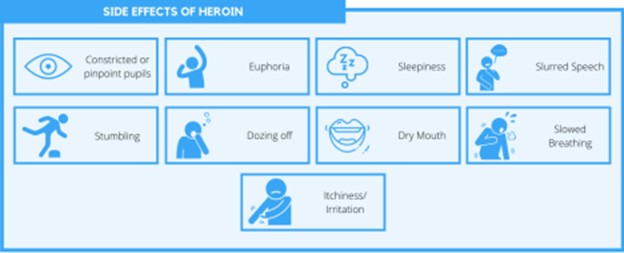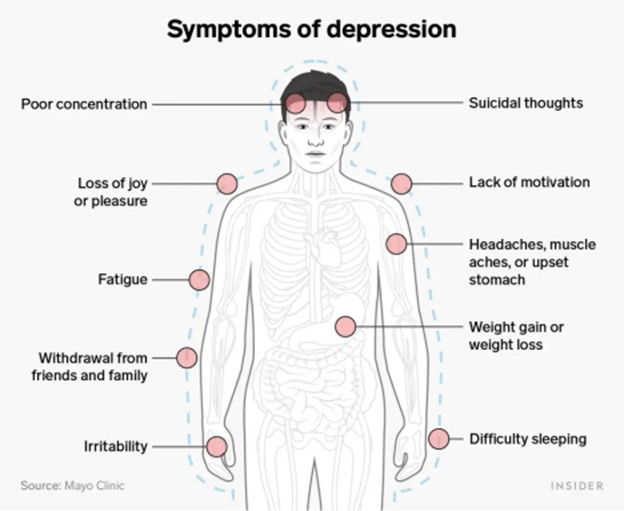A nurse notices that a client who has moderate anxiety is pacing the hall and mumbling As the nurse approaches the client, he states, "I am at the end of my rope. I don't think I can take any more bad news." Which of the following responses should the nurse make?
"Most clients with anxiety issues benefit from lying down."
"An antianxiety pill works best for situations like this."
"Providers usually recommend relaxation exercises for clients who are as upset as you are."
"Come with me to an area where we can talk without interruption."
The Correct Answer is D
This response demonstrates a therapeutic and empathetic approach to the client's distress. By offering to talk in a private area without interruption, the nurse provides the client with a safe space to express their feelings and concerns. It also allows the nurse to conduct a more in-depth assessment of the client's current emotional state and any specific triggers contributing to their anxiety.
A- Encouraging the client to lie down assumes that all clients with anxiety benefit from this approach, which may not be the case for everyone.
B- Simply suggesting medication may not address the underlying concerns or provide an opportunity for the client to express themselves.
C- While relaxation exercises can be beneficial for managing anxiety, suggesting them right away may not be the best response when the client is in a heightened state of distress.
Nursing Test Bank
Naxlex Comprehensive Predictor Exams
Related Questions
Correct Answer is B
Explanation
Heroin is an opioid drug that depresses the central nervous system, which can lead to respiratory depression. This means that heroin can slow down a person's breathing rate, potentially leading to shallow breathing or even stopping of breathing altogether. This is a life-threatening complication and one of the most significant dangers of heroin use.
The other options listed are associated with other substances or conditions:
A- Nasal septum perforation is commonly associated with the use of cocaine, not heroin.
C- Acute pancreatitis is not a commonly reported complication of heroin use.
D- Permanent short-term memory loss is not a specific complication of heroin use, though chronic substance abuse can lead to cognitive impairments and memory problems in general.

Correct Answer is ["A","B","C","D"]
Explanation
When caring for an adolescent experiencing indications of depression, the nurse should expect the following findings:
A- Irritability: Depression can manifest as increased irritability or anger, especially in adolescents. They may become easily annoyed or frustrated.
B- Insomnia: Sleep disturbances are common in depression. Adolescents may experience difficulty falling asleep, staying asleep, or have restless and disturbed sleep.
C- Chronic pain: Depression can be associated with physical symptoms, including chronic pain. Adolescents may complain of headaches, stomachaches, or other unexplained physical discomfort.
D- Low self-esteem: Depression often involves feelings of worthlessness, guilt, and low self-esteem. Adolescents may have negative thoughts about themselves, feel inadequate, or have a distorted self-perception.
Incorrect:
E- Euphoria, on the other hand, is not a typical finding in depression. It refers to an intense state of happiness or excitement, which is not consistent with the overall mood of depression.

Whether you are a student looking to ace your exams or a practicing nurse seeking to enhance your expertise , our nursing education contents will empower you with the confidence and competence to make a difference in the lives of patients and become a respected leader in the healthcare field.
Visit Naxlex, invest in your future and unlock endless possibilities with our unparalleled nursing education contents today
Report Wrong Answer on the Current Question
Do you disagree with the answer? If yes, what is your expected answer? Explain.
Kindly be descriptive with the issue you are facing.
